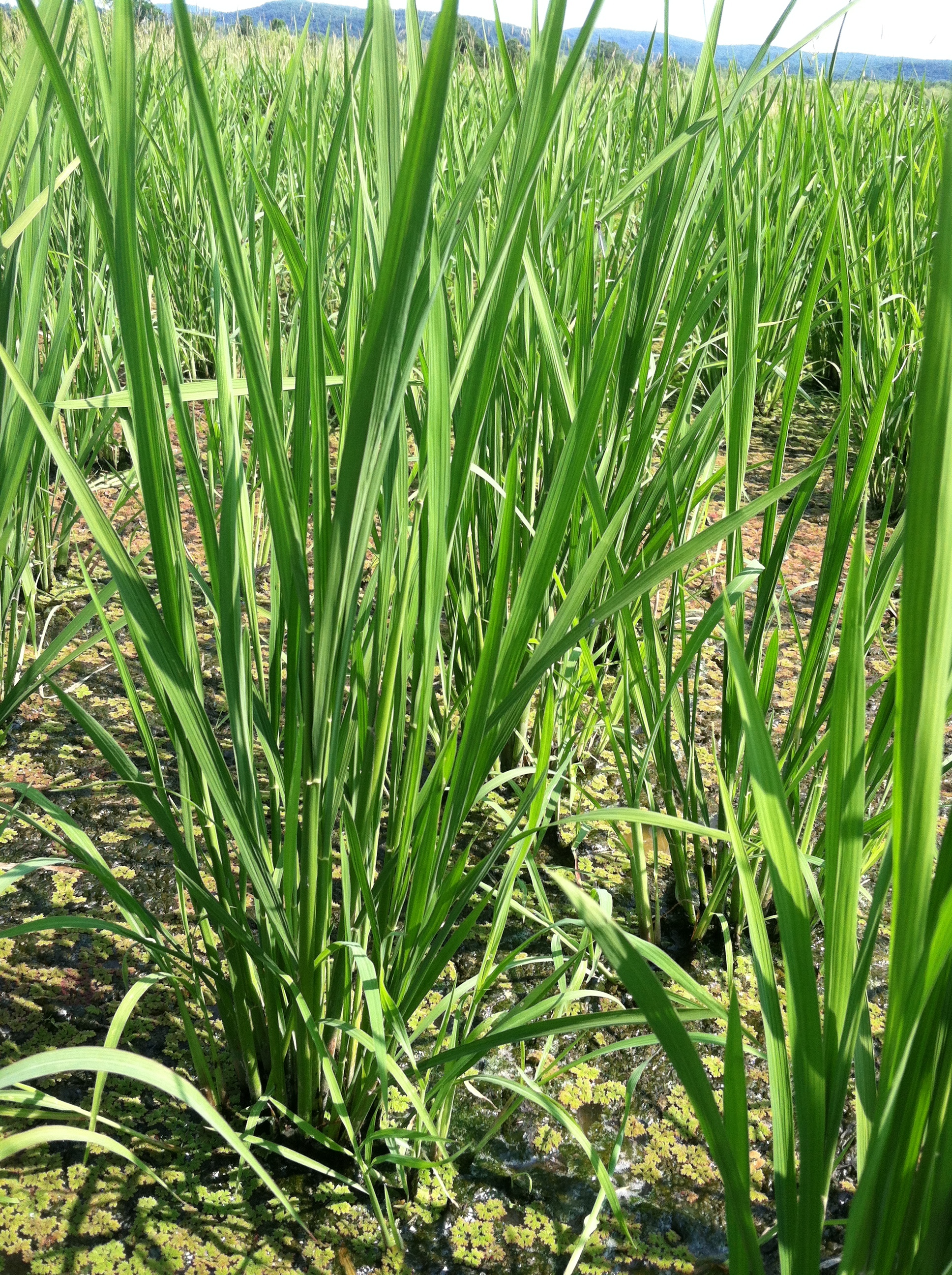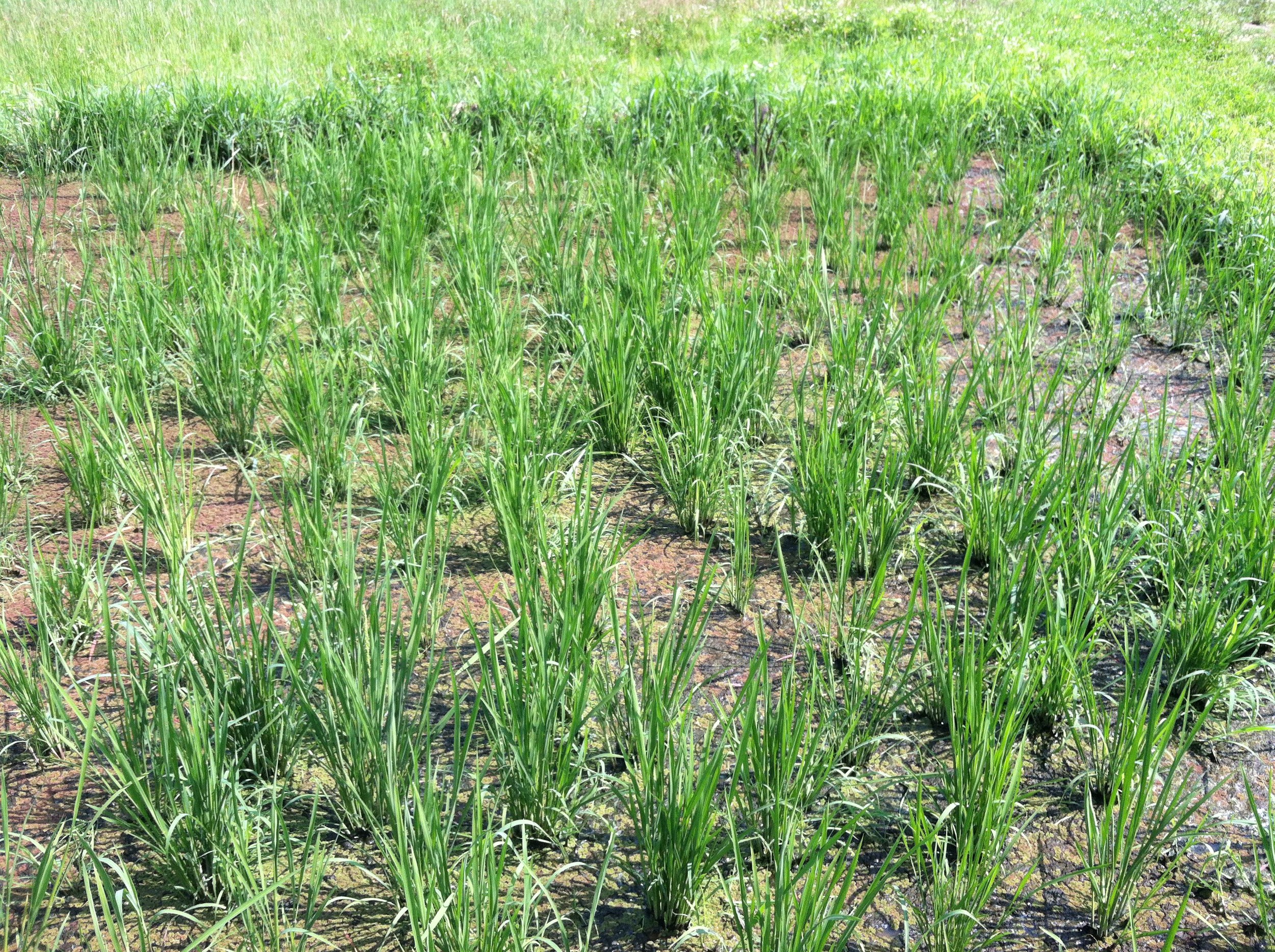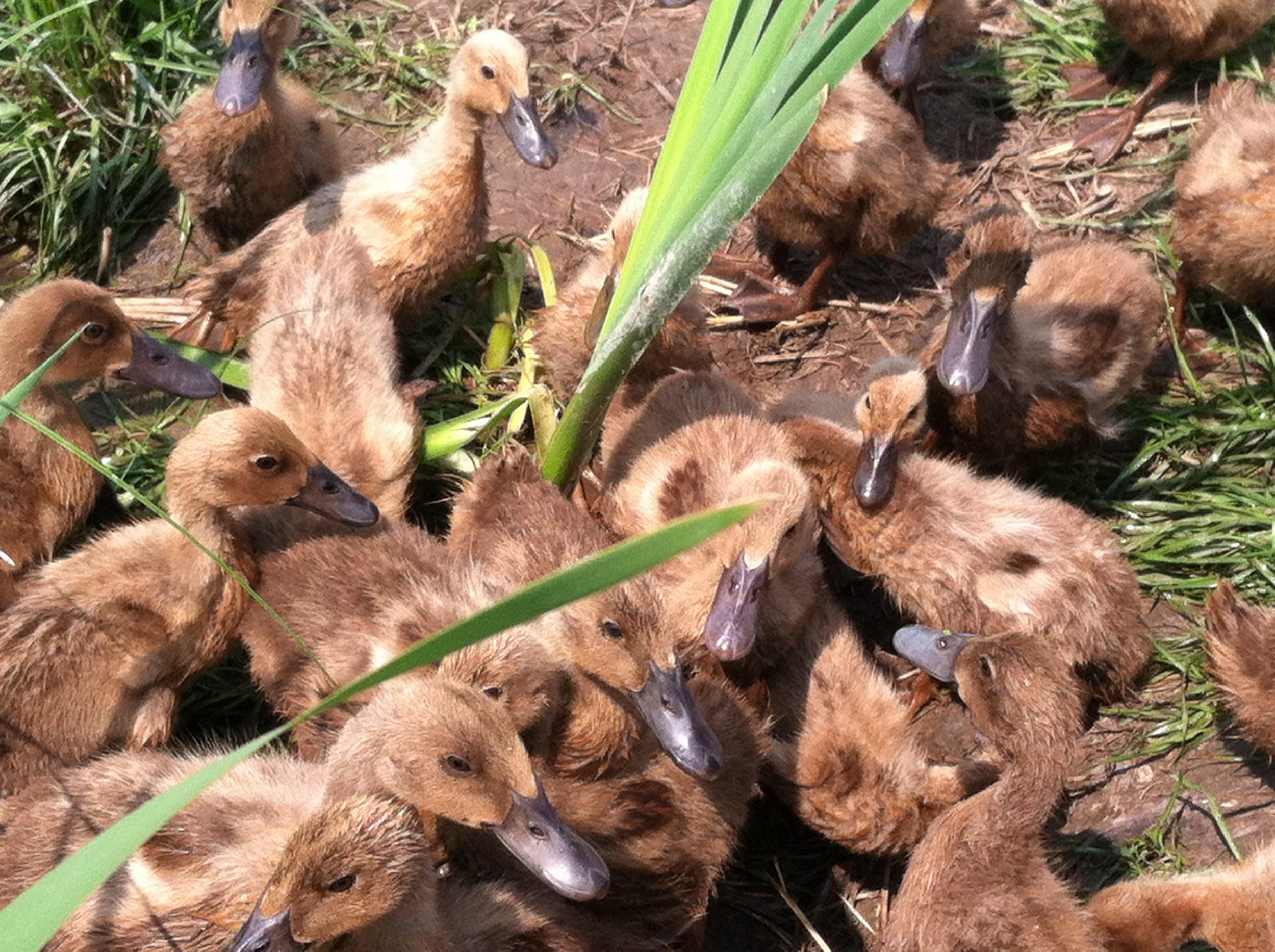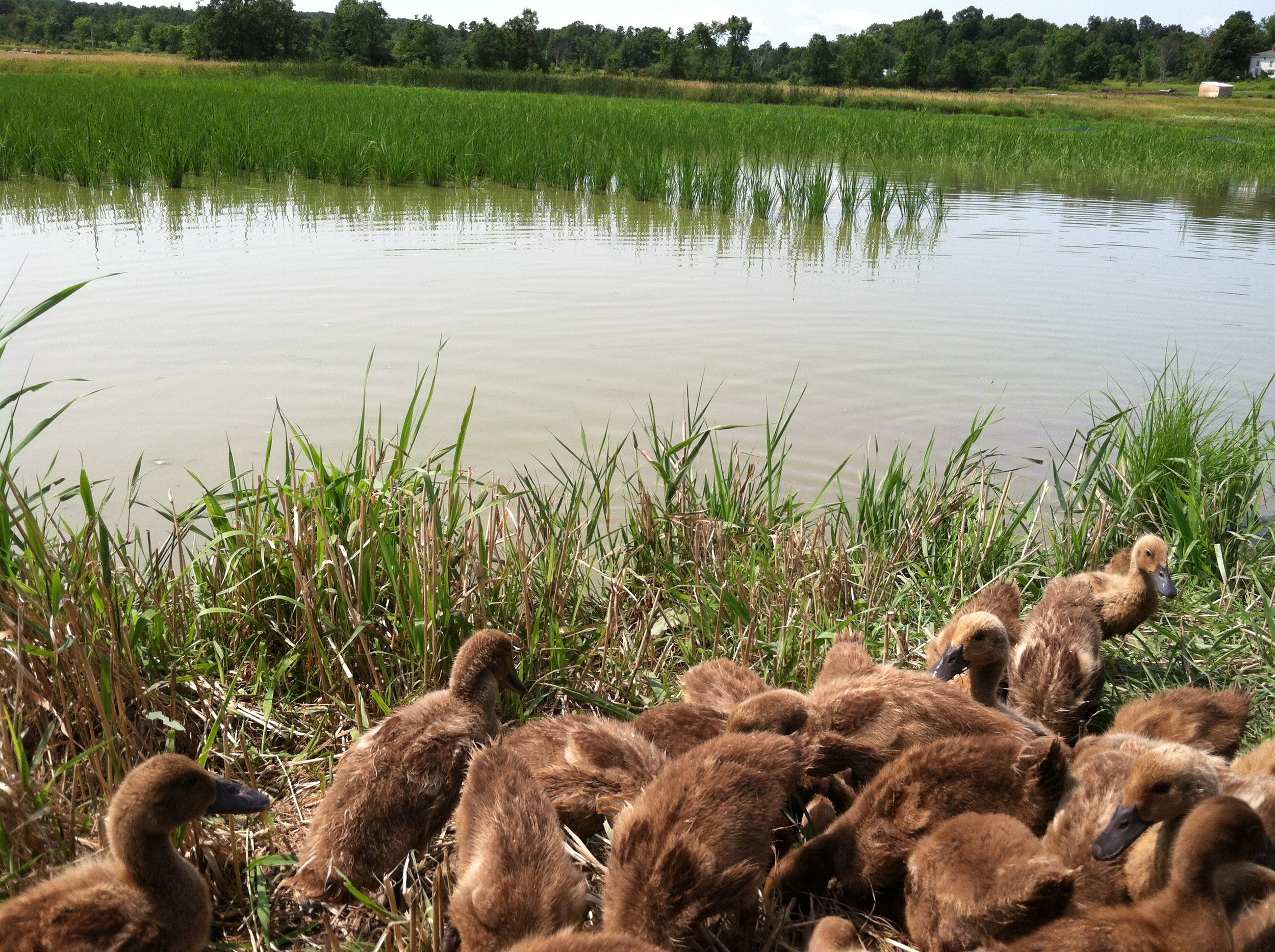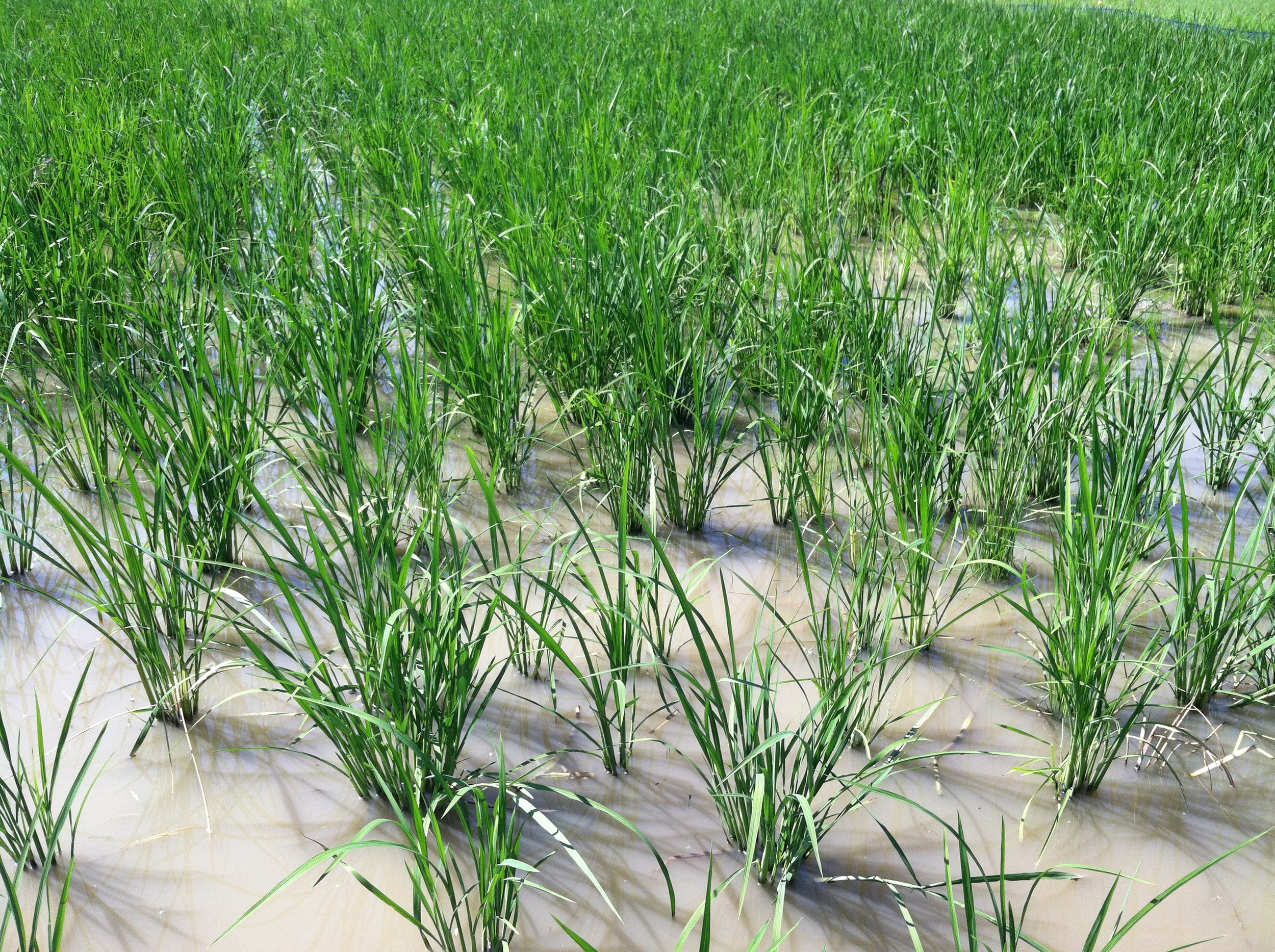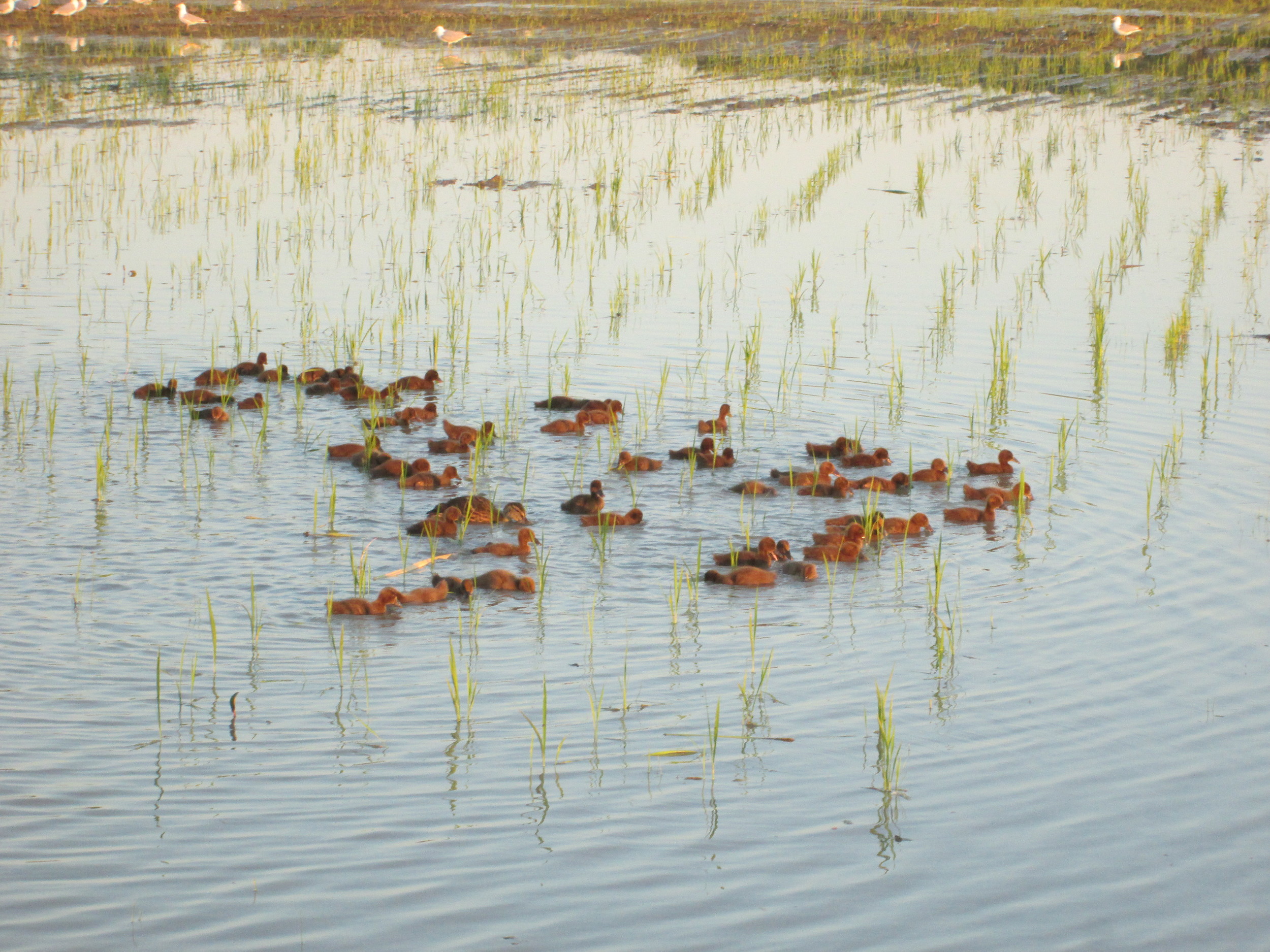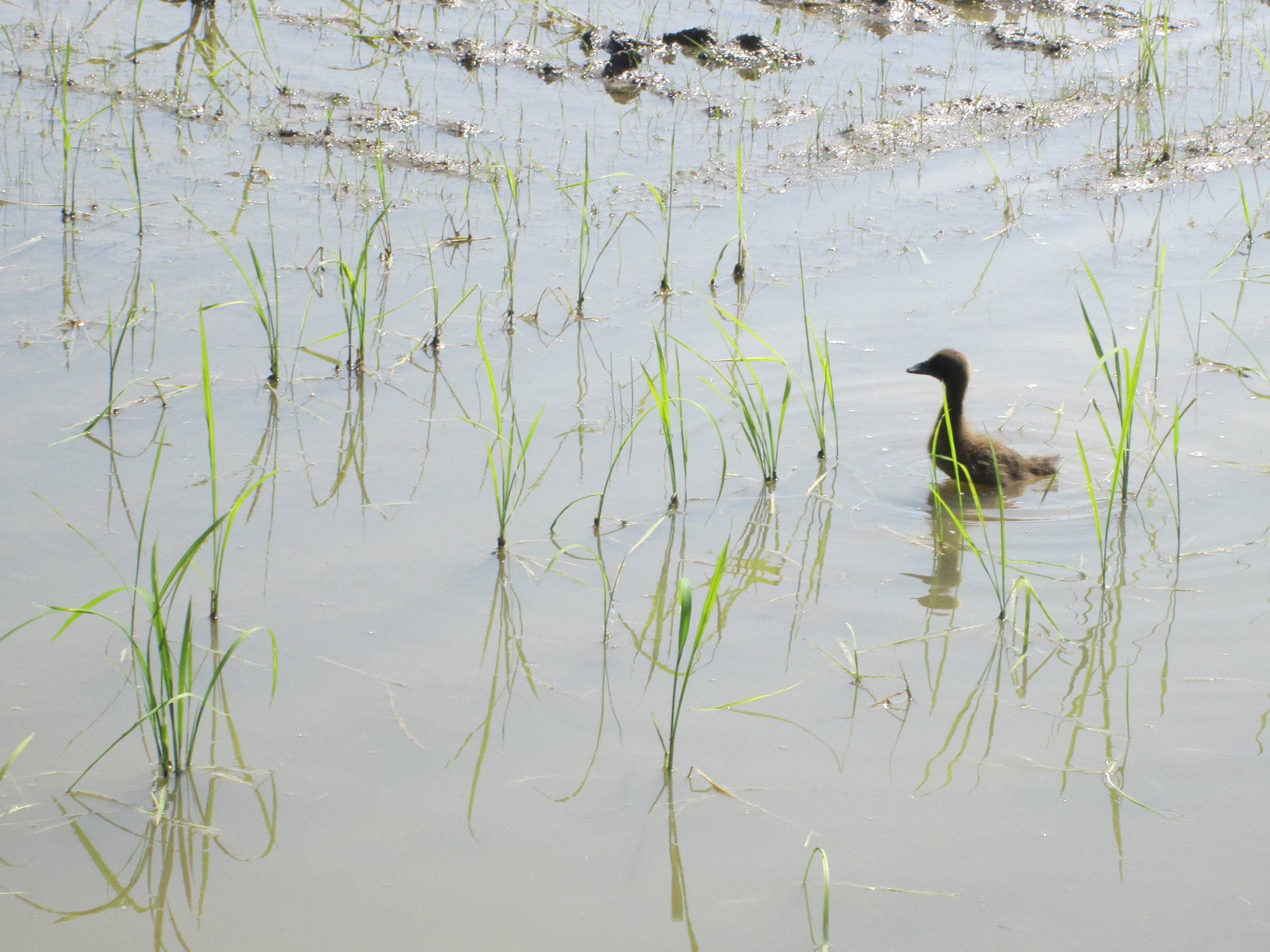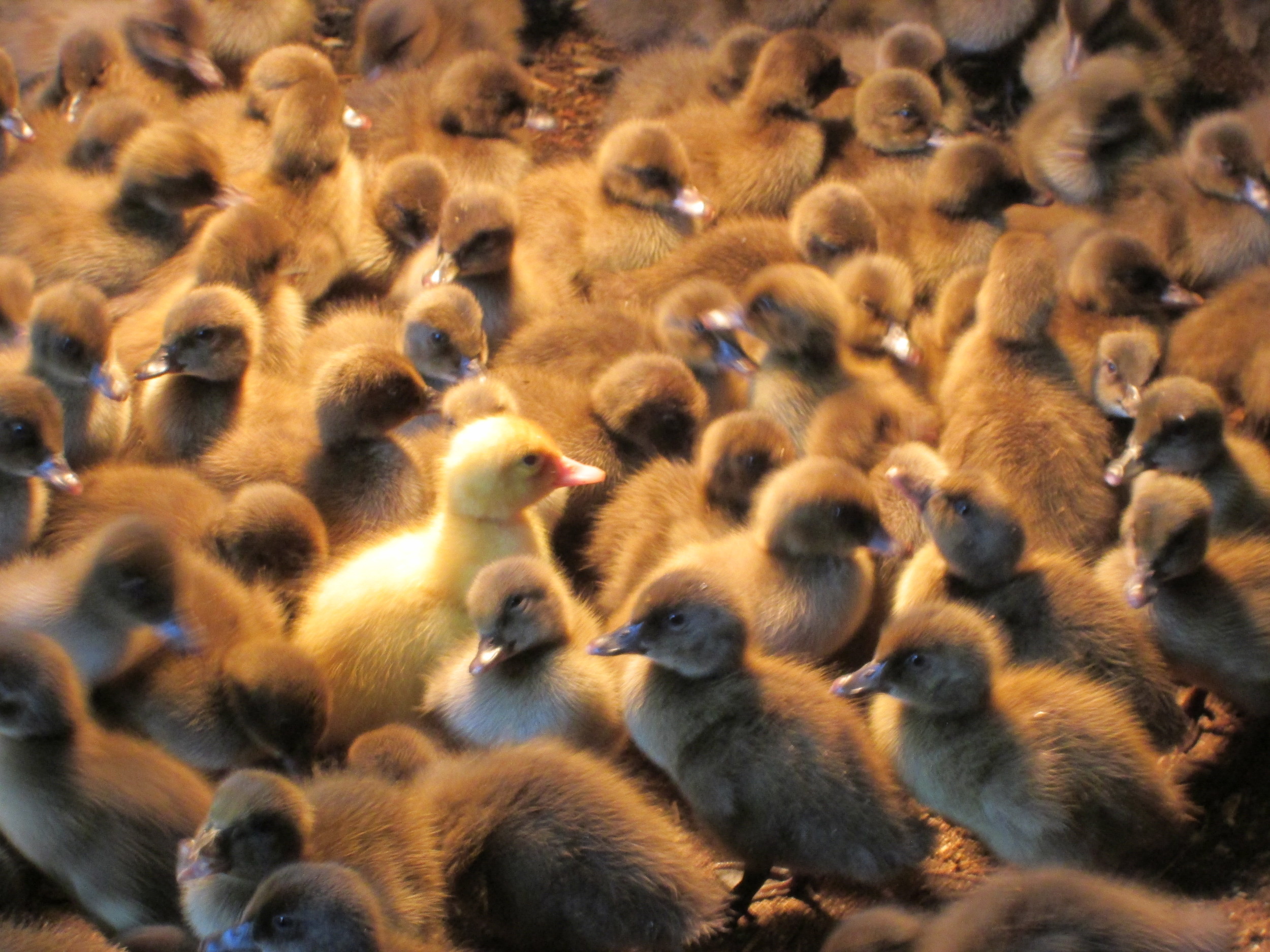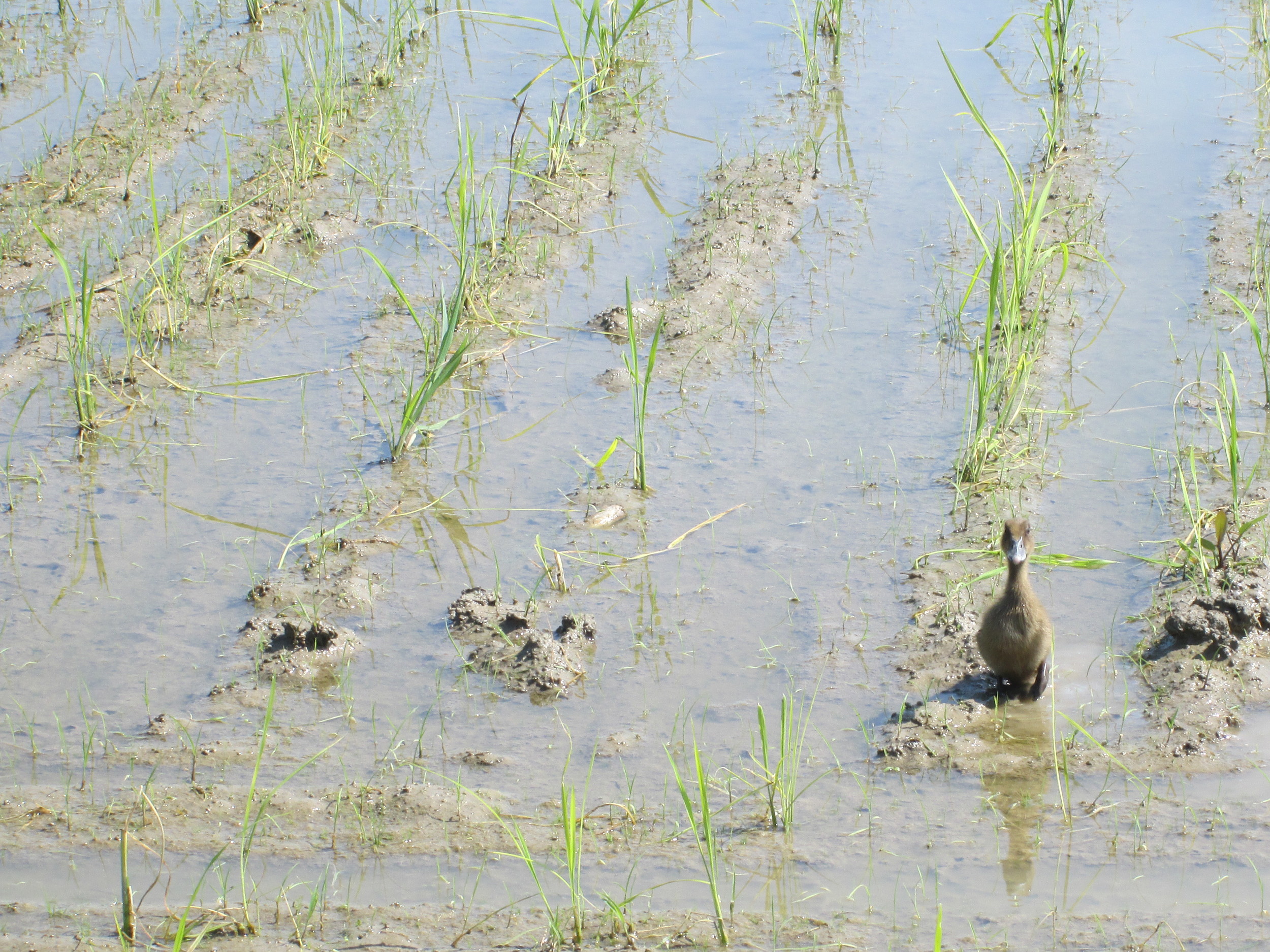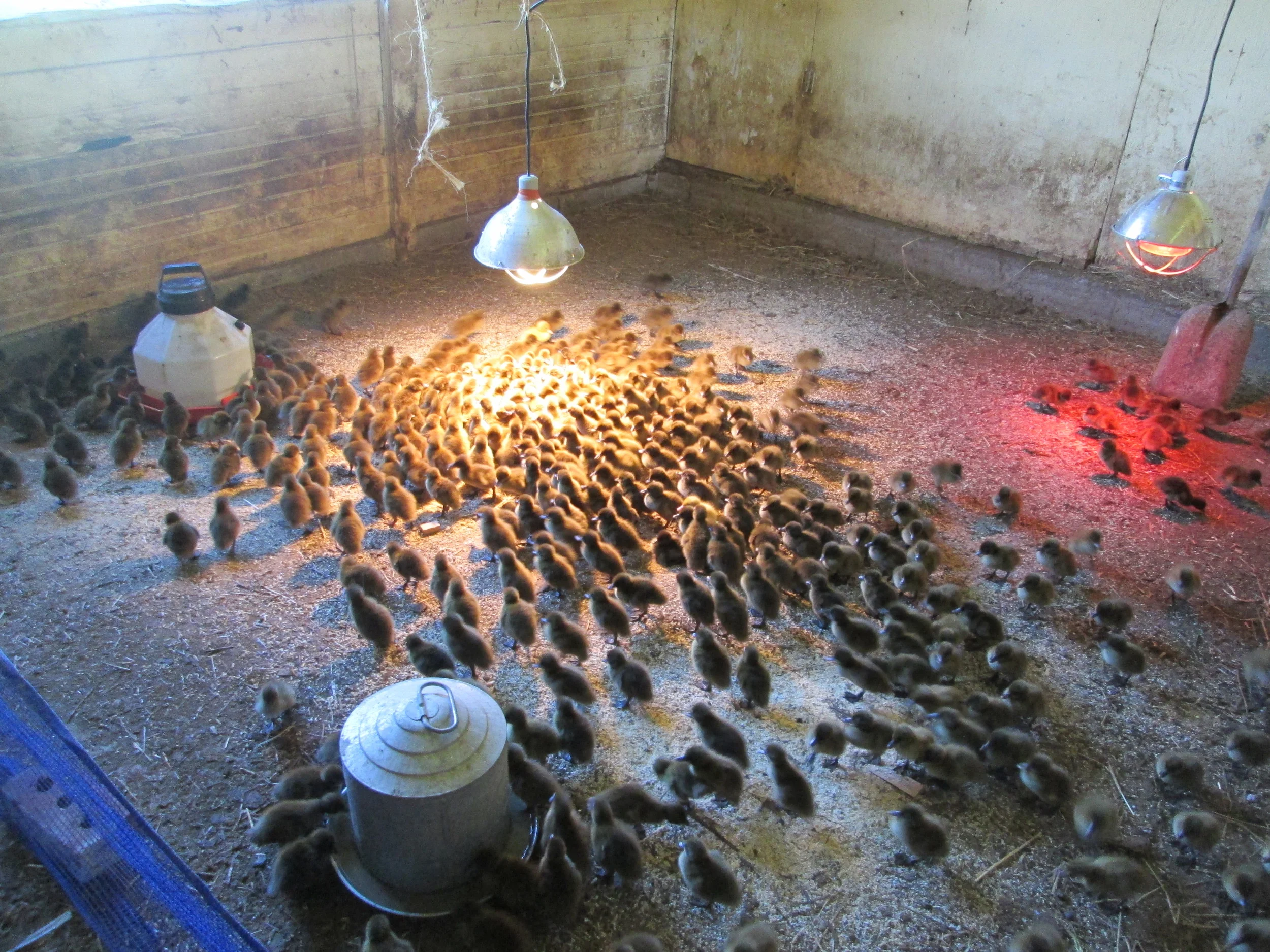
THE LATEST QUACKS
Almost Coasting
It has always been hard for me to do a good job documenting a thing that I'm doing while also doing it. Just the doing takes all my attention, making it very hard to remember to take a camera into the field, or, if I do remember to bring it, remembering where I set it down, or to bring it back. Still, what's going on out here is pretty cool, so I continue to try. And fortunately my wife Erica does a great job snapping photos and taking video where I fall short, so we have lots of fantastic photos this year!
The rice farming season has a duck-rice period, during which ducks are managed in the rice paddy, from about June 20th until August 7th. During that time they work their magic, suppressing weeds by swimming and trampling around and sometimes eating them outright. They don't harm the rice because they are too small to bull the rice over (and they grow at about the same pace as the rice) and because they don't eat rice leaves, which are high in silica, making them scratchy.
Now we're coming to the end of this phase. The ducks haven't done a perfect job of weed control. I am still learning how to execute the method. For it to work perfectly you need good water depth everywhere, and my paddies are still somewhat uneven, meaning there are still super-deep areas and very shallow or even unflooded areas within the same parcel. Eventually I will get these all sorted out, but for now it makes for some difficult areas to plant in and difficult areas for weed control.
So, I have had to go in and work alongside the ducks in the rougher patches and rip the larger weeds out by hand. I couldn't do all of what was needed, but enough to make a difference. And all told, there is more lush, feed free high quality rice than we have ever had. Coming into August, there is less and less human (and duck) intervention can do to affect the outcome, so I call this period "coasting." It gives me a little breathing room to relax and plan for harvest.
The rice is just beginning to flower now. These same flowers will, in a few weeks, begin to fill with a liquid that eventually hardens into rice grains. By that time the ducks need to be long gone, because even though they don't eat rice leaves, they will happily eat rice grain.
Fortunately this year's ducks have a great gig lined up for them as orchard cleaners and groundskeepers in the Mad River Valley, where one of my rice customers is looking forward to taking them on.
Duck deployment 2016
Now it's the tail end of June and the rice fields are greening up. This year we planted almost exactly 3 acres of four Japanese varieties, Hokkai, Akitakomachi, Oborozuki and Nanatsuboshi. All are doing well.
about 250 ducks have already been released into the rice paddies and the remaining 150 will go out tomorrow or Friday. This development in the season is a turning point--the point when hopefully the animals start, collectively, doing more work than the humans.
Duck and rice farming has a lot of technique wrapped up in it. The plants, the ducks, and the field conditions, and the timing all have to be just right for the method to work. We depend on the ducks to keep our fields weed-free and for fertility. A few years I tried to rely on hand weeding and I can't go there again. Pulling up weeds one square foot at a time while standing in deep mud is not a great pastime. It's all right for a very small scale project but for one like ours, which aims to produce tons rather than pounds of rice, hand weeding is no option for my 44-year old body. Chemicals are no kind of option either. But duck rice farming is an effective answer to the problem--if you can pull it off!
Last year we only planted about one acre but we actually managed to get the timing and the above variables right, or close enough to right. Timely introduction of the ducklings into the crop seems to be key. We noticed differences in weed pressure, and, after that, in yield and quality, between plots where we got the ducks in within 10 days and plots where we did not. This year the majority of the plots we are farming got their ducklings swiftly. That remaining group of ducklings I mentioned earlier that is still cooling their heels in the barn (do ducks have heels?) is going to be a little late but I think close enough. It's all a big experiment.
